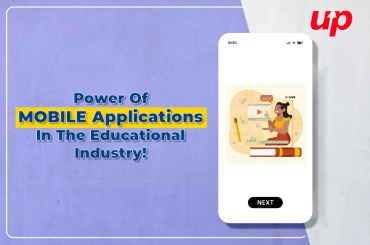
Hybrid or virtual events are increasingly an integral part of companies’ strategies. But their organization is not as simple as it may seem, and improvisation easily leads to the project’s failure. Here are five good rules for planning successful virtual and hybrid events.
At the time of Covid, turning digital was a necessity, but by improvising, you run the risk of creating events without professionalism and strategy. In order not to fail, specific knowledge and skills are needed and a real ability to manage both technical and strategic aspects.
So, let’s see the basic rules for organizing virtual or digital events:
1. The right content for the digital format
It is necessary to start from the event’s content to connect it and adapt it to the digital context. It is about adapting the format, the tools, the communication style, and the tone of voice.
2. The Digital Event Team
The design team must possess not only technical but also strategic skills. The content manager, the expert in digital tools, the Digital Event Strategist are key specialist profiles for this event.
3. The digital platform
Whether it is a completely virtual or hybrid event, it is necessary to start with assessing the user’s needs and then choose the most appropriate hybrid events platform and technological tools.
4. The importance of communication
Communication must be taken care of to obtain attention and trust in the digital environment from one’s target. Involving users before, during, and even after the event is crucial for the initiative’s success.
5. Digital sponsorship opportunities and virtual exhibition areas

It is important to find new ways to generate value for sponsors and not simply replicate those used in face-to-face events.
It is good to remember that online events are more sustainable from an environmental point of view. It is, therefore, useful to highlight this aspect and try to implement CSR initiatives to leave a positive contribution to the community.
Virtual and hybrid events are not a trend.
They are not a passing phenomenon and will become an integral part of the events in the present when we return to realize them. Digital offers valuable new opportunities: audience enlargement to an unlimited extent; spectacularity; resource efficiency. The potential number of participants is greater than a traditional physical event at a lower cost.
Furthermore, the events are measurable with data analysis, from analytics to social media and the event app. In this way, it is possible to evaluate their impact and real effectiveness.

Organizing a digital event can open up a wide range of new opportunities: by overcoming normal physical barriers, it is possible, for example, to expand the audience very easily, and by adapting the duration and schedule of the event, it can extend its duration.
In addition, there is another feature that you need to know how to exploit: making the event completely measurable thanks to data analysis and feedback. By setting clear KPIs and using all available channels, from analytics to social media and the event app, its impact and effectiveness can be measured.







